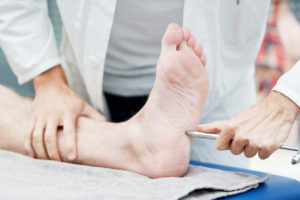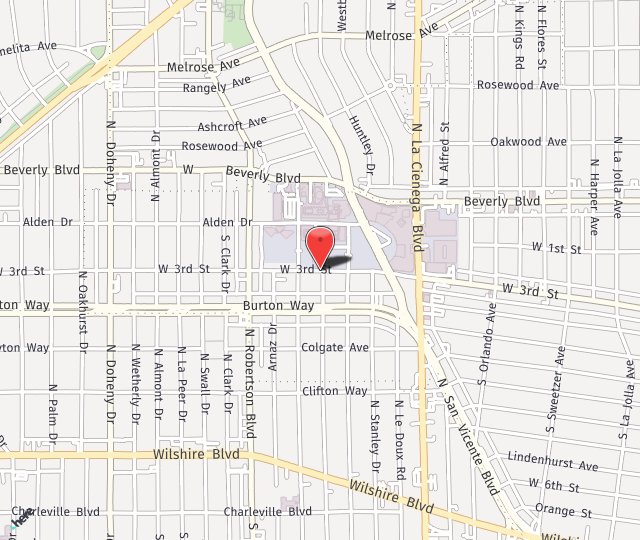How to Avoid the Triggers of Nerve Pain
- Posted on: Nov 15 2018
 The purpose of our nerves and the messages they send to the brain is to prevent injury. That’s why when we begin to roll our ankle in a hole in the yard, and it threatens to break the ankle or tear the ligaments, your body sends a pain sensation to the brain that alerts you to get your foot out of the hole.
The purpose of our nerves and the messages they send to the brain is to prevent injury. That’s why when we begin to roll our ankle in a hole in the yard, and it threatens to break the ankle or tear the ligaments, your body sends a pain sensation to the brain that alerts you to get your foot out of the hole.
That’s the overall idea and it’s a great mechanism to avoid traumatic injury. But what if your nerves are creating the pain messages, and there isn’t an obvious cause? Now it’s just pain, but for no good reason. Because of this, there also isn’t an immediate way to relieve it (such as pulling your foot out of the hole).
What are some causes of this unwelcome sort of nerve pain? Since nerve problems are our focus at the Los Angeles Nerve Institute, let’s take a look at some of the triggers of this kind of nerve pain.
- Cancer and other tumors— As a tumor grows, it can press on the surrounding nerves. Some cancers can actually grow out of the nerves themselves. Plus, cancer treatments, such as chemotherapy drugs, can damage the nerves, leading to pain.
- Diabetes — As the U.S. population becomes increasingly larger, diabetes grows as a problem. It is also a common cause of nerve pain. This is because high levels of glucose in the blood can damage the nerves.
- Infections— Certain infections can cause painful nerve damage. HIV is one of these, with one third of HIV patients having nerve damage in the hands and feet.
- Shingles — If you’ve had chicken pox, there’s a good chance you can develop shingles after your 60th Once your shingles resolves, it can lead to a follow-up condition called postherpetic neuralgia. This causes sudden, severe nerve pain.
- Pressure— Wearing overly tight shoes, crossing your legs, or repeating the same motion over and over — these can all trigger nerve pain. This is because you are placing pressure on the nerves. Wear properly fitting shoes and vary your activities and positions.
- Vitamin deficiencies— Your nerves need the proper nutrients, just like the rest of your body, so be sure to eat a balanced diet, and take a vitamin supplement if you want to be sure you’re getting enough of the necessary nutrients.
- Physical injuries — You may not have known it at the time of the injury, but you may have compressed a nerve. This will lead to chronic pain if the compression continues.
- Alcoholism— Excessive chronic alcohol consumption can lead to various vitamin deficiencies that can lead to nerve damage and subsequent pain.
These are just a few more common triggers of nerve pain. Others include hormone imbalances, heart disease, stroke, MS, Lyme disease, and repetitive stress.
If you’re suffering from this kind of nerve pain, please call us at the Los Angeles Nerve Institute, (310) 423-2129. We can help.
Posted in: Nerve Decompression/Neurolysis

